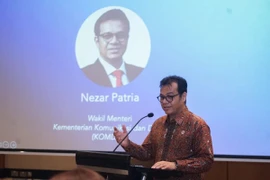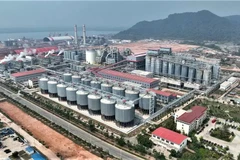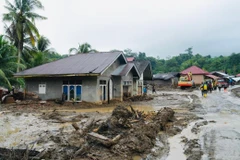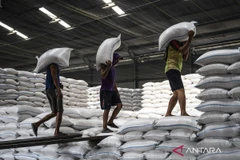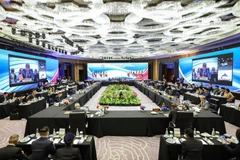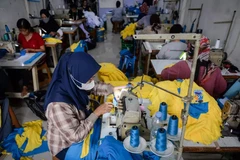Jakarta (VNA) - The Indonesian government has set an ambitious target of achieving 1 million barrels of oil per day by 2029 or 2030 to strengthen the nation's energy security, Deputy Minister for Energy and Mineral Resources Yuliot Tanjung said on July 2.
To achieve the goal, the government plans to optimise domestic oil production, which currently ranges between 580,000 and 600,000 barrels per day. Tanjung noted that all available potential in domestic fields must be fully utilised to reach the target.
The government was also urging cooperation contract contractors with working areas to ramp up their production. Tanjung recommended that these contractors collaborate with technology vendors to enhance operational efficiency and productivity.
Currently, Indonesia's daily oil consumption stands at 1.6 million barrels, highlighting the urgency of boosting domestic production to reduce reliance on imports./.

